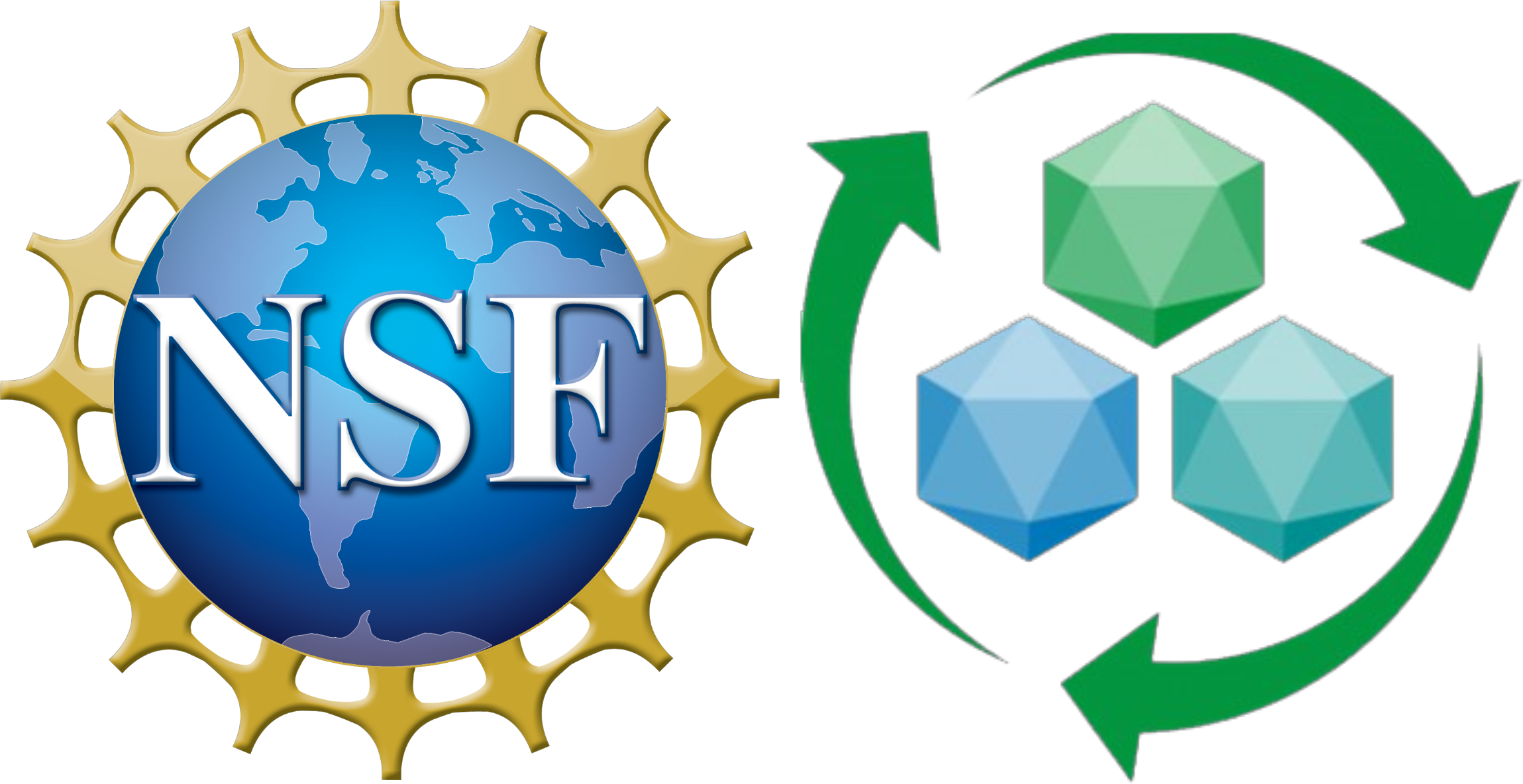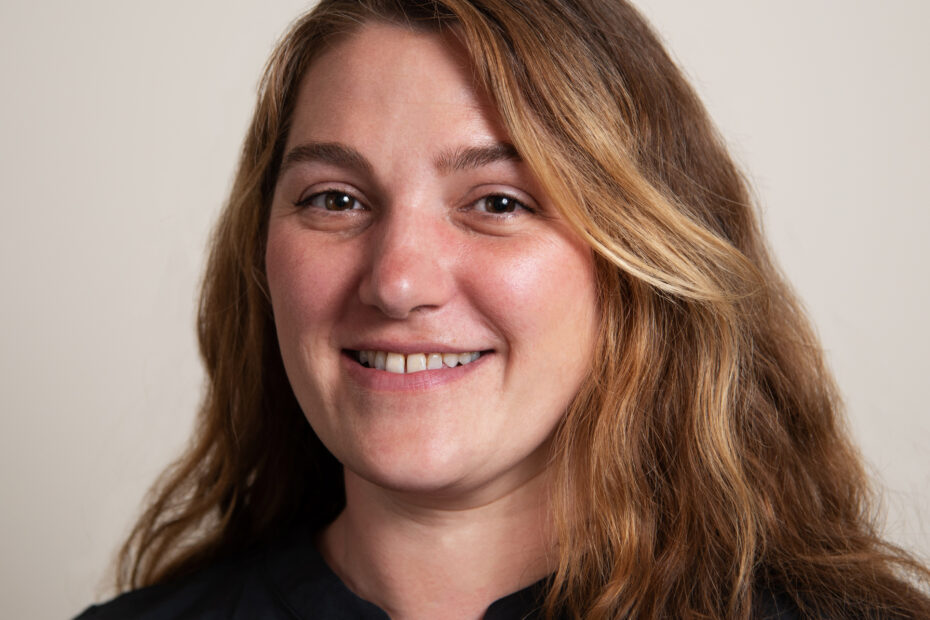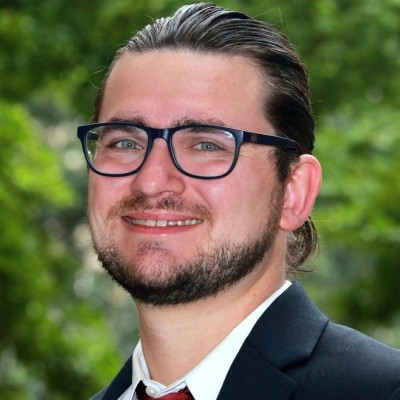Dr. Kerrie Wilkins-Yel has accepted our invitation to become our CSN Scholar-in-Residence for summer 2022. Dr. Wilkins-Yel is an Assistant Professor of Counseling and School Psychology, College of Education and Human Development at the University of Massachusetts-Boston. She also founded and co-directs the I Can Persist STEM Initiative, “a multi-component research-based program aimed at promoting STEM persistence among women and girls of color.” She will participate in various activities with the center, including a Wednesday seminar about her research and mentoring summer undergraduate students on translating science through an equity-centered lens.










